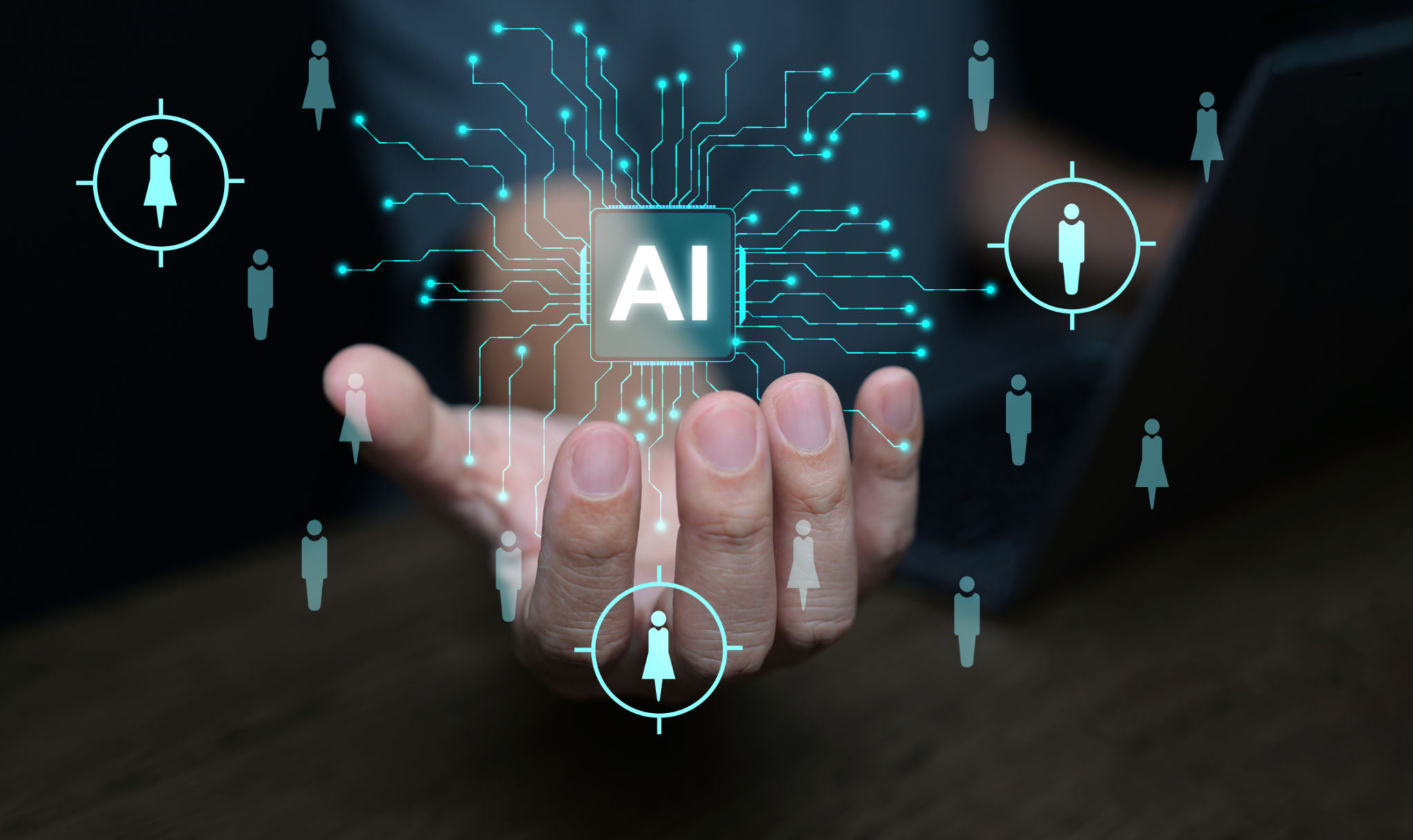AI Integration in Recruitment: A Case Study of Success
Introduction to AI in Recruitment
The integration of Artificial Intelligence (AI) in recruitment processes is revolutionizing the way companies identify and hire talent. With the power to streamline operations and improve decision-making, AI is quickly becoming a staple in human resources. This post explores a successful case study of AI deployment in recruitment, highlighting the transformative effects it can have on an organization.

Understanding the Needs
Before implementing AI, companies must first assess their recruitment challenges. Common issues include lengthy hiring processes, bias in candidate selection, and inefficient resource allocation. In our case study, the company faced all these challenges, leading to high turnover rates and dissatisfaction among hiring managers.
After identifying these pain points, the company sought an AI-driven solution that could address these inefficiencies while ensuring a fair and transparent process. The goal was to create a seamless recruitment experience that benefited both the employer and potential employees.
Choosing the Right AI Tools
The next step involved selecting appropriate AI tools tailored to the company's needs. The company opted for a combination of AI-powered resume screening software and chatbots for initial candidate interactions. These tools were chosen for their ability to quickly sift through large volumes of applications, identifying the most suitable candidates based on predefined criteria.

Additionally, predictive analytics was integrated into the recruitment process, providing insights into candidate behavior and potential job performance. This strategic choice allowed the company to make more informed hiring decisions, reducing the risk of turnover.
Implementation and Training
Implementing AI in recruitment is not without its challenges. The company invested in training sessions for HR staff to ensure they were comfortable using the new technology. This training was crucial in helping employees understand how AI could augment their roles rather than replace them.
A phased approach was adopted, with AI tools first being used for entry-level positions. This allowed for any kinks to be worked out before expanding to more senior roles. The gradual rollout ensured a smooth transition and helped build trust in the technology among HR staff.

Measuring Success
Post-implementation, the company established key performance indicators (KPIs) to measure the success of the AI integration. These included reduced time-to-hire, increased diversity among candidates, and improved candidate satisfaction scores. Within six months, the company reported a 30% reduction in time-to-hire and a significant increase in candidate quality.
- Time-to-Hire: Decreased from 45 days to 30 days on average.
- Diversity: A noticeable improvement in candidate diversity.
- Satisfaction: Positive feedback from both candidates and hiring managers.
Lessons Learned
This case study highlights several lessons for companies considering AI integration in recruitment. First, understanding organizational needs is crucial for selecting the right tools. Second, investing in employee training ensures smooth implementation and adoption. Lastly, continuous monitoring and adaptation are key to maximizing AI's benefits.
AI integration in recruitment can lead to significant improvements in efficiency and decision-making. However, success depends on careful planning and execution. As this case study demonstrates, when done right, AI can transform recruitment processes and deliver substantial value to organizations.